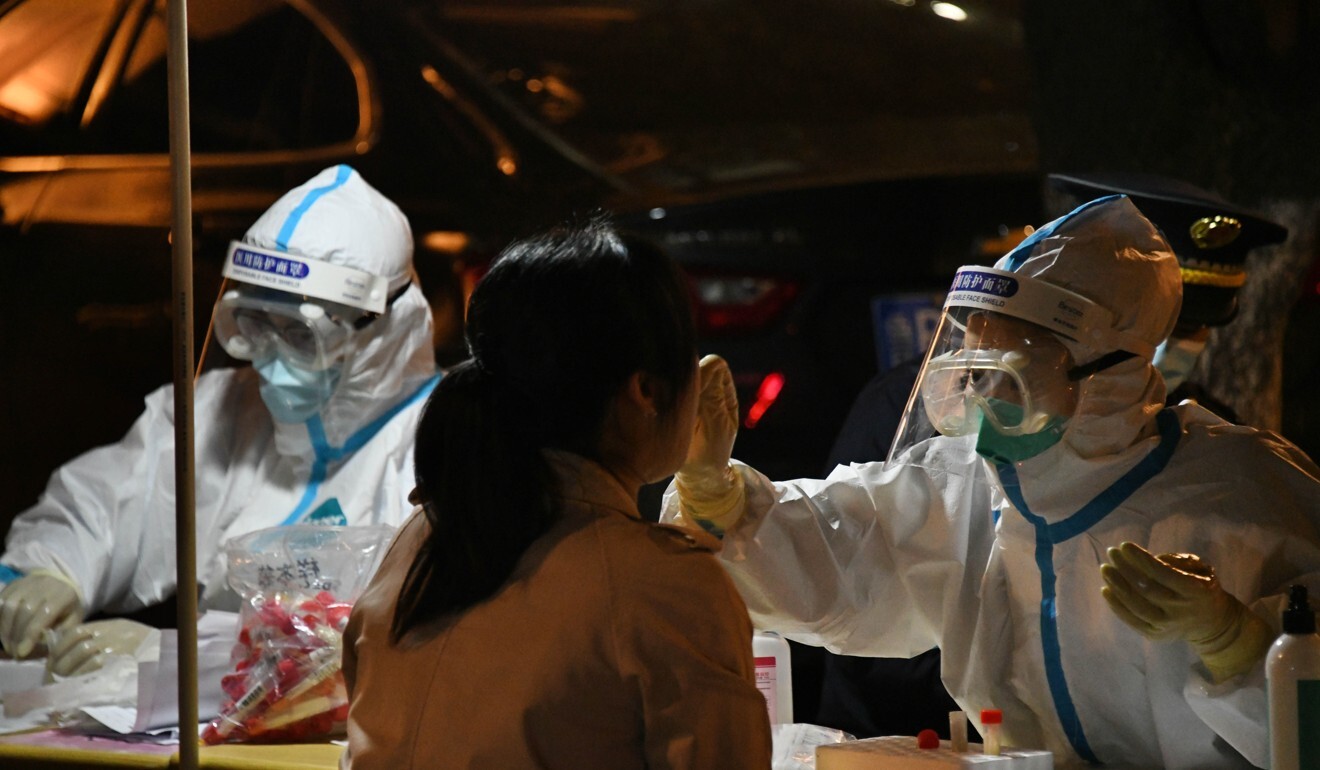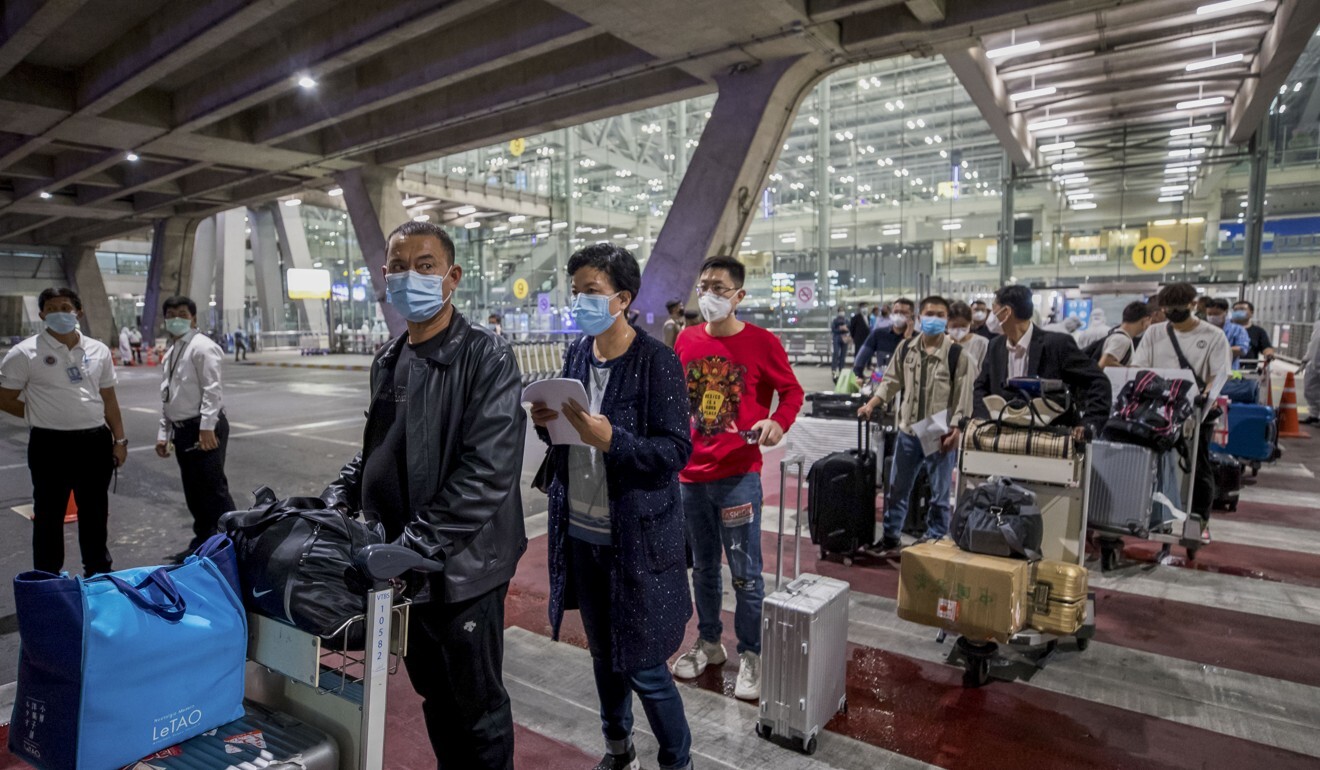
Fresh China ban on international tour groups weighs on sector stocks, to push firms further towards domestic market
- Beijing has tighten restrictions ahead of the winter months after Qingdao, Guangzhou and Ruili record cases of Covid-19, most of them imported
- China’s domestic tourism market has recorded a strong rebound in recent months after curbs were eased in July

China has extended the ban on inbound and outbound international group tours after several cities reported new imported coronavirus infections recently.
The extension, announced by the ministry of culture and tourism late on Wednesday, weighed on tourism stocks on Thursday. It is also expected to push tourism companies further towards the country’s domestic market.
“I don’t quite like this news, because the losses the tourism industry has recorded are huge,” said Eric Hua, a tourism product manager at Licheng International Travel, a travel services company in Shanghai. “We are redirecting our focus to the domestic market, especially travel and meals for conferences and meetings in China, as domestic restrictions have been eased.”
Beijing has moved to tighten restrictions ahead of the winter months after cities such as Qingdao, Guangzhou and Ruili recorded local Covid-19 infections, most of them spread by people or products arriving from abroad.
Hua said Licheng had been hit hard by the restrictions and had to lay off 50 per cent to 60 per cent of its employees during the pandemic, after its international travel business plummeted by about 90 per cent. The United Nations World Tourism Organization in May forecast a 60 per cent to 80 per cent decline in international tourism this year, with more than 100 million tourism jobs directly at risk.

All tours were prohibited in January following news of the coronavirus outbreak, but restrictions on domestic travel were eased in July. And China’s domestic tourism market has recorded a strong rebound in recent months, especially during the “golden week” holiday in October. During this public holiday, the number of tourists reached 637 million, 79 per cent of the level seen in 2019, while revenue, at 466.6 billion yuan (US$9.8 billion), touched about 70 per cent of last year’s levels.
Domestic air travel jumped compared with the same period in 2019, as Chinese travellers who travelled overseas earlier undertook trips domestically.
The extension of the ban on group tours might not directly affect travel bubbles, said Yu Zhanfu, partner at the consultancy Roland Berger in Shanghai. “Tourists travelling via travel bubbles should be on individual trips, as group tours are banned. [The travel bubbles] serve as tests for further observation, to decide whether more cross-border travel can be allowed,” he said.

Thailand has been in discussions with China about opening a quarantine-free travel corridor. The country on Tuesday welcomed its first batch of foreign tourists since the pandemic started – 41 Chinese nationals that flew out from Shanghai Pudong International Airport – as part of a travel bubble initiative launched by the Thai government.
The tightened curbs also hit tourism stocks. While China Travel International Investment Hong Kong shed 3.8 per cent, and China Tourism Group Duty Free Corporation dropped by as much as 4 per cent before closing 0.2 per cent higher, Utour Group lost 2.2 per cent.
China Travel International Investment Hong Kong’s revenue plunged 74.2 per cent year on year to HK$571.3 million (US$73.7 million) in the six months ended on June 30, when all of its cross-border bus operations were suspended.